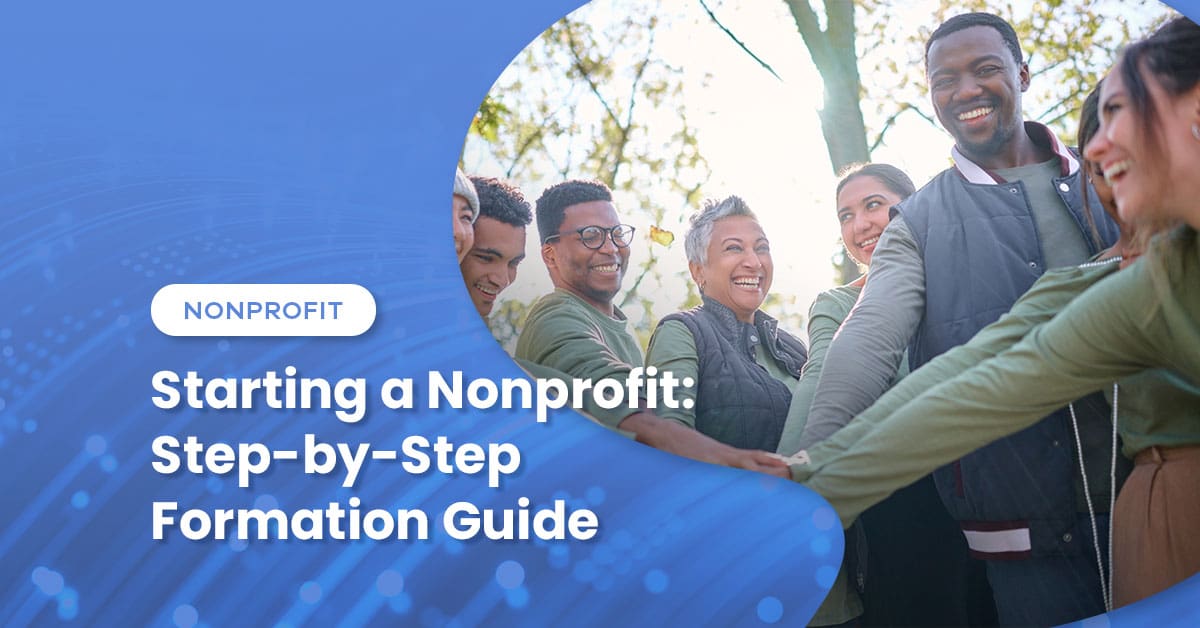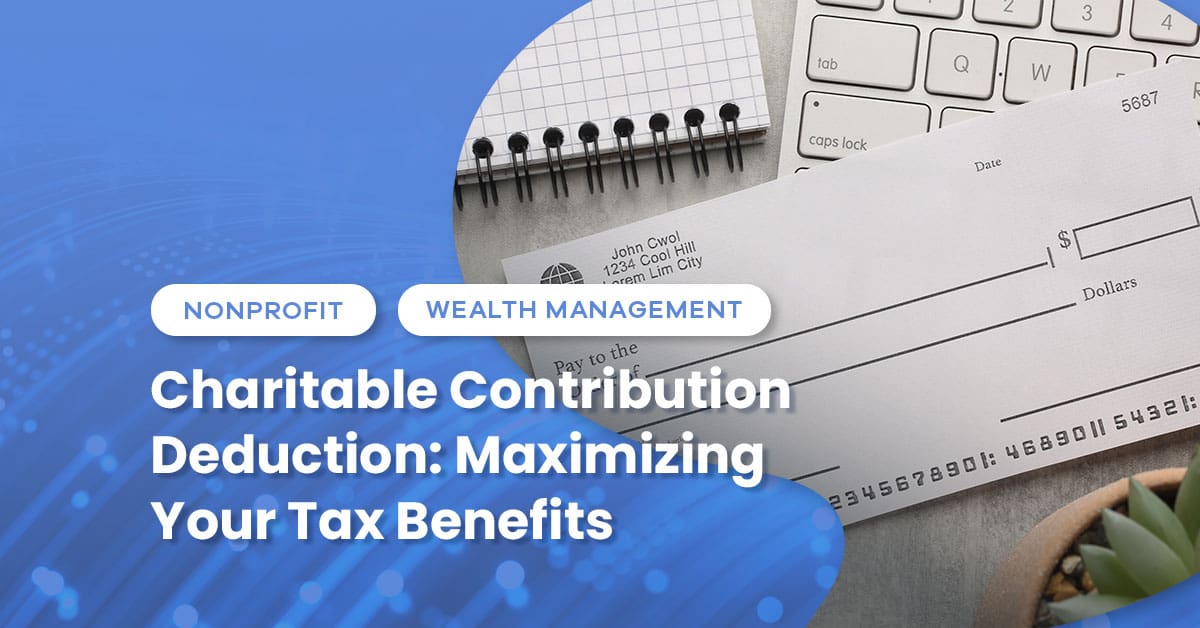By Linda Curro
Nonprofit organizations frequently form organically, in response to a need in the community. The people who establish and run them are usually concerned citizens and activists, passionate about the cause, but often less knowledgeable about the operational and financial aspects of running a nonprofit organization.
However, it is critical for nonprofit leaders to understand business and finance, particularly when it comes to employment tax compliance. Failure to properly declare and file tax documents can cause problematic ripple effects for both the organization and for those who work or have worked for the nonprofit – whether they are full-time associates or contract-based employees who only worked for the organization for a short time.
The IRS has identified employment tax as a high-risk area of noncompliance among nonprofits. According to IRS statistics, more than 25 percent of completed audits of nonprofits uncovered employment tax issues. That means that when it comes time for a nonprofit to file its taxes each year, the IRS radar is on high alert.
Here are some tips to help your nonprofit avoid an IRS audit and the potential associated penalties.
Understand what you are required to withhold. As a nonprofit, your organization is required to withhold the same federal employment taxes as for-profit businesses. They include:
- Federal withholdings
- Social Security taxes
- Medicare taxes
Accurately declare employment status for all employees and independent contractors. It is up to the organization to determine employment status for every associate who worked for the organization for all or part of the year and to issue the proper tax documentation for each.
Document internships. Although interns are not required to be compensated with a wage when working for a nonprofit (provided they are considered volunteers), anyone who participates in an internship program must comply with Department of Labor standards for unpaid internships.
Know the rules for submitting 1099s. IRS Form 1099s must be submitted for the following.
- Compensation payments made to nonemployees during the course of regular business
- Any nonemployee who earns $600 or more from the nonprofit in a given year
- Any nonemployee who performs a service for the organization
- Recipients of prizes and awards handed out by the organization
- Payments-for-services made to an attorney
New technologies are allowing the IRS to perform more accurate crosschecking among many different streams of data, increasing the likelihood that incidents of noncompliance will be found among nonprofits, resulting in an audit. Following the above tips increases the odds that your nonprofit will remain in compliance and avoid a time-consuming audit, along with the potential associated penalties.
Linda Curro is a Tax Manager with over 17 years of public accounting experience. Linda specializes in the non-profit sector and works with many non-profit organizations to obtain their tax-exempt status, as well as filing Federal 990 returns and multiple state registrations with an emphasis in the tri-state area. If you’d like to contact Linda, you may reach her at [email protected] or at 973.994.9400.

 Previous
Previous







